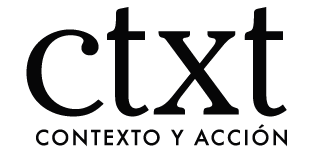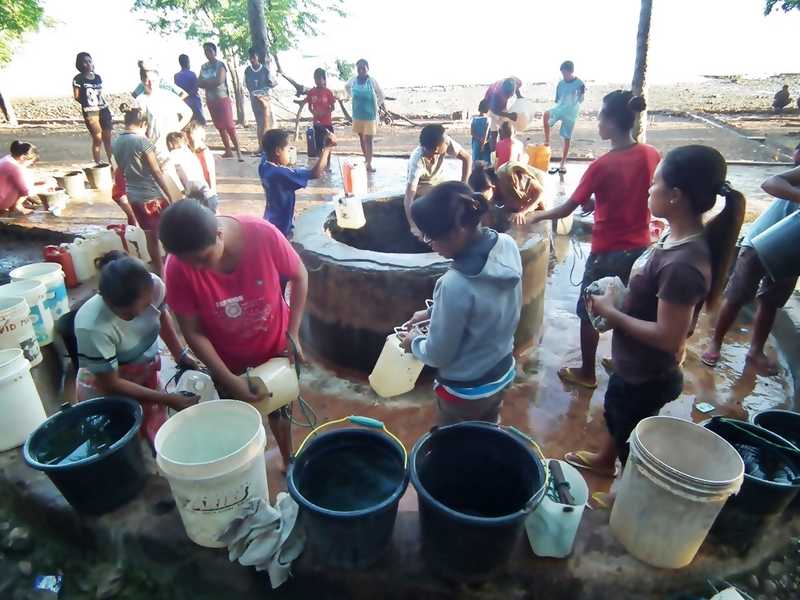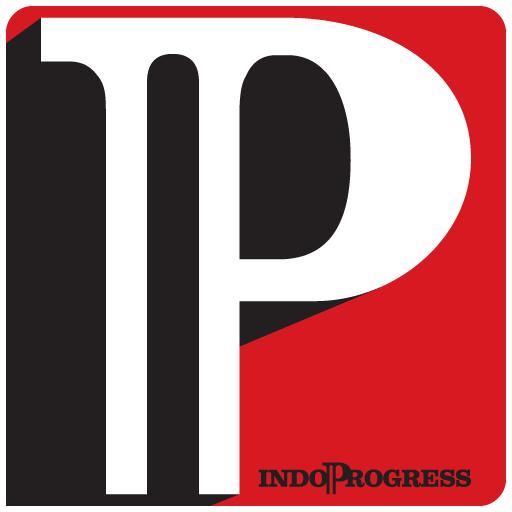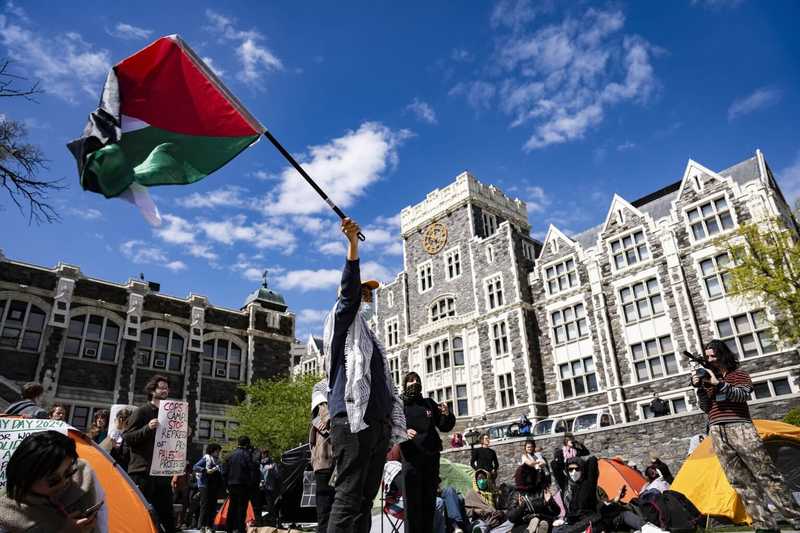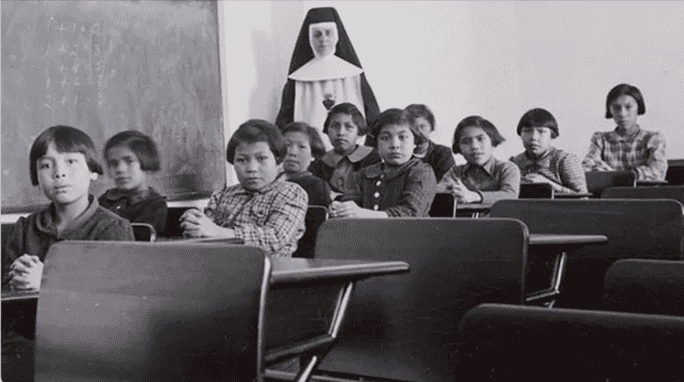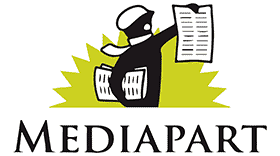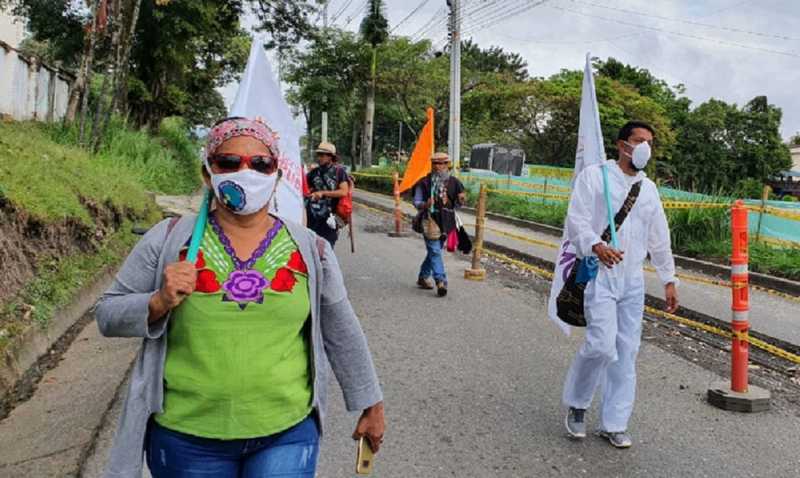
The history of civilian massacres in Colombia goes back a long way and is very well documented. For decades, anyone who stood in the way of the paramilitary groups' strategy of territorial occupation was systematically exterminated. There were also massacres caused by the guerrillas in their dispute with the paramilitary groups for territorial control. The army has arbitrarily eliminated part of the rural youth, as has been documented in the massacres of the so-called "false positives," civilians without any political ties, shot by the army to increase the number of "guerrillas" exterminated in supposed clashes.
Other massacres and killings are more recent, occurring after the peace process with the FARC. In these cases, the demobilization of the guerrillas was not accompanied by a state presence in the territory, which enabled the rise of the so-called autodefensas (paramilitary groups financed by landowners and drug traffickers) who are systematically murdering former members of the guerrillas who have laid down their arms and integrated into political life. These selective murders have already killed 200 former FARC members since 2016 - most of them during the current government of Iván Duque - in addition to more than 500 murdered social leaders. Paramilitary groups continue to advance in their territorial occupation and already have a presence in 90 percent of the country.
The acceleration of the massacres
Iván Duque, the Democratic Center candidate promoted by Uribe to regroup the traditional right-wing, won the 2018 presidential elections which were highly contested by the push of the main leftist candidate, Gustavo Petro of Colombia Humana. Petro won in the first round but lost to the right-wing coalition in the final election. Even so, the electoral rise of the left encouraged the actions of the death squads which, after Duque's rise, resumed the massacres and reactivated the dispute for territorial control.
Gustavo Bolívar, writer, acting senator, and a political ally of Colombia Humana (with no history of guerrilla activity) summarizes the escalation of State terrorism during the government of Iván Duque in this way. "In the first six months, 46 indigenous people, 106 social leaders, and more than 50 ex-combatants of the FARC were assassinated, and 29 massacres were perpetrated [...] In 2019 there were 29 massacres [...] 66 indigenous people were also assassinated. In 2020, 128 social leaders were murdered and 43 massacres were committed. To date, on August 22, 2020, since Ivan Duque took office, 435 social leaders, 197 indigenous people, and 197 ex-combatants of the FARC have been assassinated. There have been 105 massacres”.
Chilling. One must not lose sight of this in order to understand what is happening now, in the midst of the pandemic, when all rural populations are confined for health reasons and the only ones who are free to move and do as they please are the irregular armed groups.
The Minister of Defense, General Carlos Holmes, states that the main enemy of peace is drug trafficking, which he points to as the culprit of the recent massacres. He said it as if there were no relationship between the paramilitary gangs and the narcos. After generically blaming drug trafficking, General Holmes announced that, in response to the massacres, the Army is ready to resume aerial glyphosate spraying of coca crops. This is a devastating practice that began in 2001 with Plan Colombia but was interrupted in 2015 by the Santos government in the face of adverse reports from the WHO that called for its suspension. The threat of fumigation has now returned with the Duque government. His defense minister maintains that in the face of the multiplication of massacres "one must consider spraying as a matter of national security. And he clarifies: "In today's conditions, restarting aerial spraying is absolutely indispensable because it will also have a positive effect on this issue of collective homicides that have outraged the country".
Meanwhile, indigenous communities believe that glyphosate opens the door to war and death. Miladi Morales, from the Regional Indigenous Council of Cauca (CRIC), assures us that "the anti-drug policy in Colombia has failed, and proof of this is the lack of implementation of point four of the Peace Accord. What the fumigations do is deepen the problems that already exist in the territories.”
So, the population asks the government for help in the face of the massacres committed by criminals with connections to the armed forces, and the solution offered by the army is to suffocate the peasant population from the air with glyphosate, poisoning their land and water sources, putting their food security at risk.
The Current Background to the Violence
The now ex-senator Alvaro Uribe (he left office on August 18) is in the spotlight because of the wave of massacres shaking the country. It is not surprising that suspicions of his involvement in the development of these criminal gangs have increased. Uribe's disgraces began in 2014 during a debate in Congress when Senator Iván Cepeda (of the Alternative Democratic Pole) accused him of having founded, together with his brother Santiago Uribe, a branch of the United Self-Defense Forces of Colombia (AUC), one of the most fearsome paramilitary groups. Uribe initiated a trial against the opposition senator, accusing him of having bought the testimony of paramilitary group members who were in prison. But in 2018 Cepeda was absolved, and the same court investigated the accuser after it became clear that his lawyer had bought retractions of some detained paramilitaries. The Supreme Court opened a formal investigation against Uribe for witness tampering, bribery, and procedural fraud. On 4 August, he was placed under house arrest, albeit comfortably housed on a 1,500-hectare farm he owns in Antioquia. Uribe's message to his followers was to proclaim that the Supreme Court of Justice is now an "ally of the FARC. As a result of this incident, Uribe's supporters began a campaign to reform the Colombian Constitution in order to better control the judiciary.
At the same time, the political, health and security situation in Colombia is becoming more complicated by the day. Taking advantage of the moment when communities are on the defensive because of COVID-19 and the absence of the state is greater than usual, paramilitary and irregular groups are committing a devastating escalation of massacres. On Monday, August 10, two children were killed by paramilitaries of Autodefensas Gaitanistas (Gaitanista Self-Defense Forces) while they were traveling through rural areas of Nariño to attend school. On Tuesday, August 11, five children of African descent were found with their throats slit on the outskirts of Cali, in Valle del Cauca, one of the regions most heavily punished by criminal gangs. According to the direct testimony of some family members, the killers had police complicity. A few days later, on August 15, nine young university students were shot in Nariño after being identified during a meeting outside a house. Two days later, three young Awá people were murdered in Ricaurte: six young people were tortured and killed in Tambo (Cauca), five more died in rural Arauca, and six more young people were killed in Tumaco (Nariño). More than 30 people were massacred in less than two weeks, and these are the most reliably reported cases, to which many other reports of disappearances can be added.
The government of Iván Duque generically blames these events on drug trafficking and insists it is not appropriate to refer to them as 'massacres' but rather as 'collective homicides'. This is the extent of their cynicism. This is the expression used in official communications.
Many Colombians are suspicious that this terrible succession of massacres started immediately after former President Álvaro Uribe was placed under house arrest for one of the many cases in which he is being prosecuted for his links to paramilitary groups, crimes against humanity and drug trafficking, among other charges. Iván Duque has always been complacent with his mentor and is now outraged by the Supreme Court's decision.
Meanwhile, the Colombian government maintains its rejection of any pact that favors peace. In response to the United Nations' request to cease all hostilities during the pandemic, the ELN issued a statement on July 7 proposing a 90-day bilateral ceasefire. Iván Duque's government rejected this proposal through a message published on Twitter.
The Naturalization of Social Extermination
During the month of August and the worst period of the health crisis, seven massacres took place in the country in less than two weeks. There was one every two days, mostly targeting Afro-descendant, indigenous and peasant populations. Alberto Yepes, coordinator of Human Rights Observatory, says that there is no willingness on behalf of the government to dismantle the paramilitary structures. On the contrary, he notes that "throughout the country, social organizations and communities are denouncing the complicity that exists between state agents and paramilitaries.”
The massacres have a particularly strong impact on the indigenous population. Among those most affected by the violence are members of the Awá community in Nariño. Diario del Sur reports (in its August 20 edition) that 14 members of this ethnic group were killed during the COVID-19 pandemic. The newspaper has documented the murders and reported attempts on the lives of other Awá leaders, including an ex-governor.
The National Indigenous Organization of Colombia (ONIC) has registered up to 1,200 human rights violations against the Awá people in Nariño: "In the two years of President Duque's mandate, we have observed with extreme concern how illegal armed groups have exacerbated the barbarism against communities and especially against indigenous peoples. ONIC has warned that these events occur in the midst of a conflict involving "fifteen groups at the margin of the law," including the self-appointed Autodefensas Gaitanistas de Colombia (Gaitanist Self-Defense Groups of Colombia), the E-30 Franco Benavides, Los Nuevos Delincuentes (the New Delinquents), La Gente del Nuevo Orden (the People of the New Order), Los Contadores (the Accountants) and the FARC and ELN dissidents, all of them groups that dispute territory and control over crops.
At the beginning of July, Dario Monsalve, Archbishop of Cali, made a political assessment that provoked an angry reaction against him from the church hierarchy. Among other things, he stated: "From the beginning of the electoral campaign a spirit of vengeance was felt against the Santos government that gave rise to these [peace] processes, a spirit of vengeance against the people who accompanied them, and, most seriously, vengeance against the same ex-combatants or ex-guerrillas of the FARC who took refuge in the process. A genocidal vengeance to completely dismember society, social organizations, and democracy in the fields and in the territories where, depending on your view, the subversive organizations had or have influence.
Dario Monsalve is not a professional politician nor a political analyst, but he understands Colombian society profoundly: " Since the times of Pablo Escobar, a mentality of 'social cleansing' persists in Colombia, or what I have called 'generational genocide' of the poorest groups". "Society thinks there is no way out for young people who adopt this form of tribes or urban gangs and they should be thrown out by 'death squads' because the only thing left is to kill them or turn them into ecological killings or deaths with social meaning". He shakes the conscience of Colombians by insinuating that behind the support given to Uribe and Duque at the ballot box lies the serpent's egg of complacency with the massacres: "The country has a conscience of murders which in reality is genocide," he assures.
Spain and Europe in the face of genocide
When (a part of) Colombian society consents to and sometimes encourages "ecological killings", little change can be expected in the short term in building peace. But the world cannot stand idly by in the face of these atrocities. The massacres must be stopped through external pressure.
Throughout Europe, but mainly in Spain, there has been a painful information blackout about the massacres in Colombia, something that, on the other hand, is not new. The media seems to be uninformed about it. This should not be the case, because important Spanish media groups control large media outlets in Colombia and therefore have direct access to this news. The influence of Spanish companies in the Colombian media with the largest audience, as is the case of the PRISA group in the Caracol chain, or the Planeta group in the El Tiempo newspaper, suggests that the information/disinformation offered by these media always passes through the sieve of the interests of the large Spanish companies that control them. There is, however, absolute indifference to what is happening in Colombia in the Spanish press, radio and television, whose only foreign coverage these days was the opposition marches in Belarus and the alleged poisoning of a Russian politician. The world circumscribed to the navel of Europe, which for reasons of political convenience now extends to its eastern border.
The massacres are also invisible to European foreign policy authorities, always so belligerent over human rights in neighboring Venezuela and so insistent on presenting Colombia as a model of democracy.
On June 25, more than 40 social organizations - indigenous leaders, Afro-descendants, peasants, and ex-combatants - began a March for Dignity from Popayán, the capital of Cauca, and other regions heavily affected by massacres and selective killings, which converged on Bogotá on July 10. The demonstrators took up the demands of the November 2019 National Civic Strike and cried out for justice, shouting "They are killing us.” During their journey, they were harassed by public forces and asked for "assistance, support and backing from international organizations" in their claims to the Colombian state in order to "make human rights violations visible and raise their voices against them.
In Colombia, paramilitary groups and their allies in politics and the security forces are perpetrating a new genocide. #SOSColombia is one of the many labels that call on social networks to repudiate the massacres and demand justice. This is not about the " compensation " the government offers to sweep the bodies under the carpet. The communities that are under attack demand justice and reparation, recovery of territory and a new culture of peace. It is vital to raise our voices to defend these universal rights from the outside as well.
Note:
By the time this article went to press, new massacres, murders and kidnappings had been reported: on August 23, three young men were massacred in Venice, Antioquia. On August 24, the governor of Arauca denounced the kidnapping of two young lawyers, who were intercepted by several heavily armed individuals. On 25 August three men were massacred in a rural area of Abrego, Norte de Santander. On August 26, the social leader Rita Bayona, of Santa Marta, was murdered.
Photo: ASOCIACIÓN NOMADESC / TWITTER
